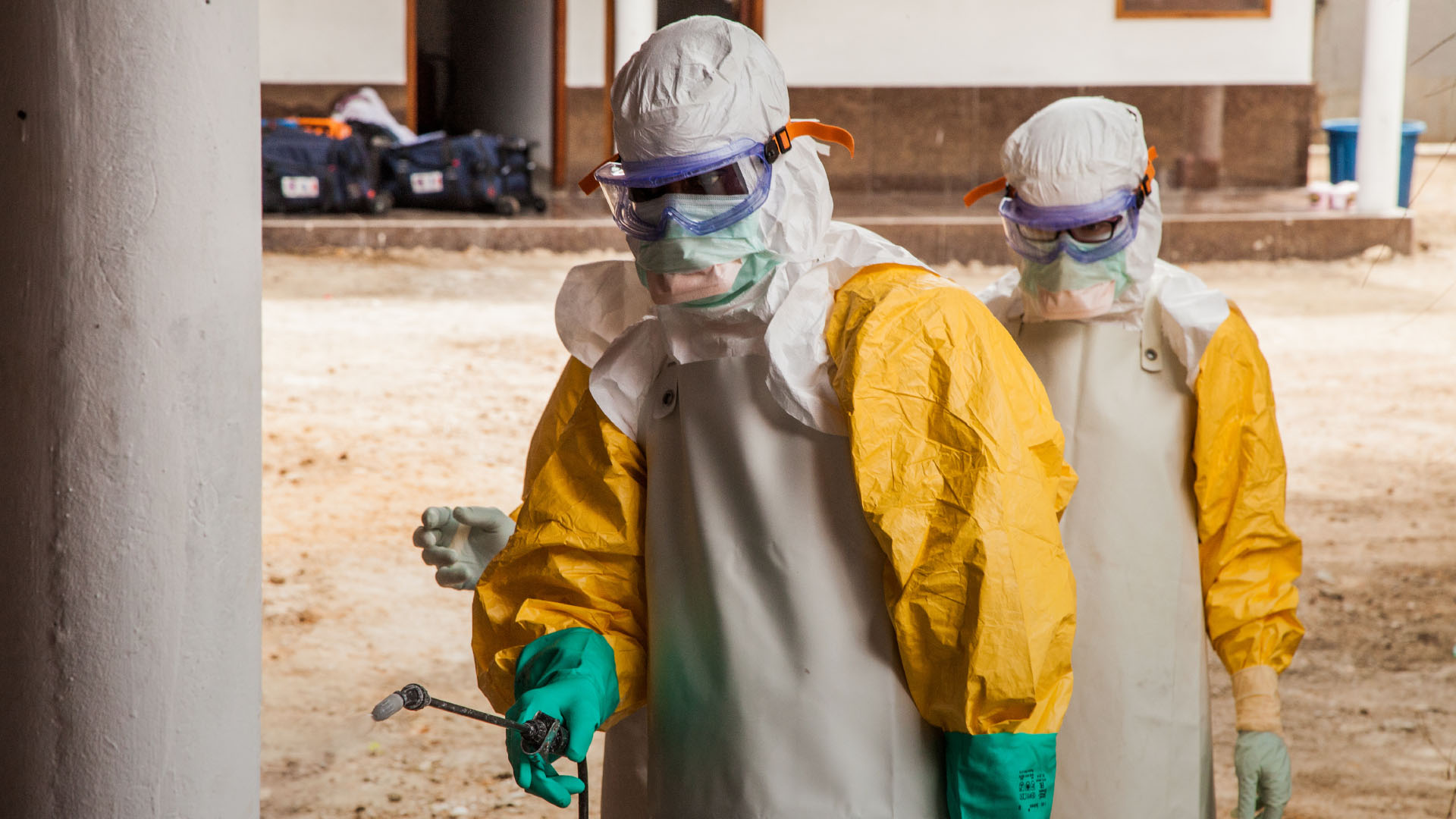Government organizations and churches are working side-by-side to help save people from one of the world’s deadliest diseases.
The current Ebola outbreak in the Congo is quickly becoming one of the deadliest in history, second only to the 2014 to 2016 epidemic that raged across West African, killing more than 11,300 people.
On April 30th of last year, several cases of Ebola were confirmed in the city of Mabalako. By October, the disease was swiftly beginning to spread to other major north-eastern cities. Doctors and other health professionals worked furiously to contain this budding epidemic, and for a while, it looked like they may have succeeded.
However, a surge of new cases turned up this March, hitting all of the previous hotbed areas once more.
Confusion About the Outbreak
Unlike the eight previous Ebola outbreaks in the Congo, this latest episode started in a major urban center of more than 1 million people.
More than 1,200 confirmed and probable cases of Ebola have been recorded since the outbreak began, with more than 760 deaths confirmed, which can’t account yet for how many are dying in remote villages or unreported by frightened family.
World Challenge workers have found that a considerable number of people believe Ebola is either a fabrication by the United Nations to gain power in the Congo, a weaponized disease that outsiders are spreading or an illness caused by angry demons. While this may seem preposterous to some, many locals without access to the internet or reliable new sources have no way to verify the truth.
A study in the Lancet medical journal published in March found that 25 percent of people surveyed in one of the Ebola-affected provinces believed "that the Ebola outbreak was not real."
To make matters worse, ignorance about how the disease is spread has prompted people have begun attacking anyone whom they believe might be infected. Some facilities with sick patients have been attacked and set on fire.
Several militant groups in the Congo have even gone so far as to attack UN or nonprofit medical facilities, injuring staff and volunteers.
The general distrust of public health campaigns has severely hampered relief efforts.
Spreading Good News
World Challenge trainers and local church leaders have begun giving health talks about Ebola prevention in the neighborhoods near hot zones. They have also begun installing hygiene kits for people to use.
Ebola spreads through direct contact with blood or other bodily fluids to the mucous membranes of the eyes, nose or mouth.
In most cases, this happens by touching the face with contaminated hands. Hand hygiene is one of the most inexpensive and effective way to prevent the spread of Ebola.
Trainers use these lessons to spread hope by showing people that the God we serve is a God of order who created a world with rules, invisible commandments that even sickness must obey. The Ebola virus cannot spread to others until a person develops signs or symptoms. Experimental vaccines now exist which seem to significantly decrease the odds of contracting the disease.
Seminars on Ebola prevention are held in churches, schools, police stations, motorcycle parking lots and even bars.
The gospel is integral to these health talks. Medical treatments and hygiene precautions can only do so much; in each seminar, trainers and workers offered counseling to those who have lost family or friends or who were feeling the terror that this disease brings.
Only Christ can offer a peace that nothing in the world can take away.
Fighting a Good Fight
World Challenge partners have taught these preventative methods to the members of nearly 90 churches in the last few months.
They were able to provide 256 hand-washing stations in various communities along with hygiene lessons and the gospel.
As ministry workers continue to hold seminars about Ebola and work together with local and international health organizations, the people in their neighborhoods are starting to accept the preventative measures and become more welcoming to healthcare teams.
The battle against Ebola and the terror it is spreading is far from over, though. There is still much prayer desperately needed and hard work ahead.
